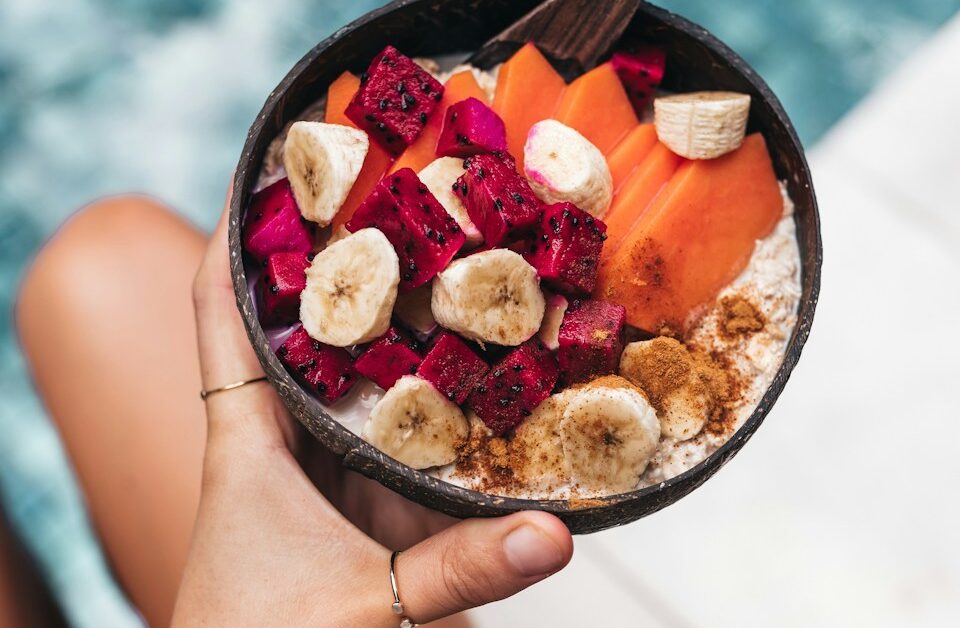How do you get iron as a vegetarian?
Iron is an essential mineral that plays a crucial role in the body, including the production of red blood cells and the transportation of oxygen. While it is commonly associated with meat consumption, vegetarians can also meet their iron needs through a well-planned diet. By incorporating certain plant-based foods and optimizing iron absorption, vegetarians can ensure they are getting an adequate amount of this vital nutrient.
Plant-based sources of iron
Contrary to popular belief, there are plenty of plant-based sources of iron that can be included in a vegetarian diet. These sources include:
- Legumes: Foods like lentils, chickpeas, and beans are excellent sources of iron. For example, a cup of cooked lentils contains around 6.6 milligrams of iron, which is about 37% of the recommended daily intake for adult men and 18% for adult women.
- Leafy greens: Vegetables such as spinach, kale, and Swiss chard are not only rich in iron but also packed with other essential nutrients. For instance, a cup of cooked spinach provides approximately 6.4 milligrams of iron.
- Nuts and seeds: Almonds, cashews, pumpkin seeds, and sesame seeds are all good sources of iron. Including a handful of these in your diet can contribute to your daily iron intake.
- Whole grains: Foods like quinoa, brown rice, and oats contain iron. Additionally, they offer other health benefits such as fiber and various vitamins and minerals.
- Tofu and tempeh: These soy-based products are not only rich in protein but also provide a good amount of iron. For example, half a cup of tofu contains around 3.4 milligrams of iron.
Enhancing iron absorption
While plant-based sources of iron are abundant, it is important to note that the iron found in plants is non-heme iron, which is not as easily absorbed by the body as heme iron found in animal products. However, there are several ways vegetarians can enhance iron absorption:
- Vitamin C: Consuming foods rich in vitamin C alongside iron-rich foods can significantly increase iron absorption. For example, squeezing lemon juice over a spinach salad or having a glass of orange juice with a lentil dish can enhance iron absorption.
- Avoiding inhibitors: Certain substances can inhibit iron absorption. For instance, phytates found in whole grains and legumes can reduce iron absorption. Soaking, fermenting, or sprouting these foods can help reduce phytate levels and improve iron absorption.
- Pairing with enhancers: On the other hand, some foods can enhance iron absorption. Combining iron-rich foods with enhancers like garlic, onions, and broccoli can help increase the bioavailability of iron.
Iron supplementation for vegetarians
In some cases, vegetarians may find it challenging to meet their iron needs solely through diet. This is especially true for individuals with increased iron requirements, such as pregnant women or those with certain medical conditions. In such situations, iron supplementation may be necessary to ensure adequate iron levels.
It is important to consult with a healthcare professional before starting any supplementation regimen, as excessive iron intake can have adverse effects. A healthcare provider can assess individual iron levels and recommend appropriate supplementation if necessary.
Conclusion
Being a vegetarian does not mean compromising on iron intake. By incorporating a variety of iron-rich plant-based foods and optimizing iron absorption through dietary strategies, vegetarians can ensure they are meeting their iron needs. However, it is always advisable to consult with a healthcare professional to determine individual iron requirements and address any concerns.
